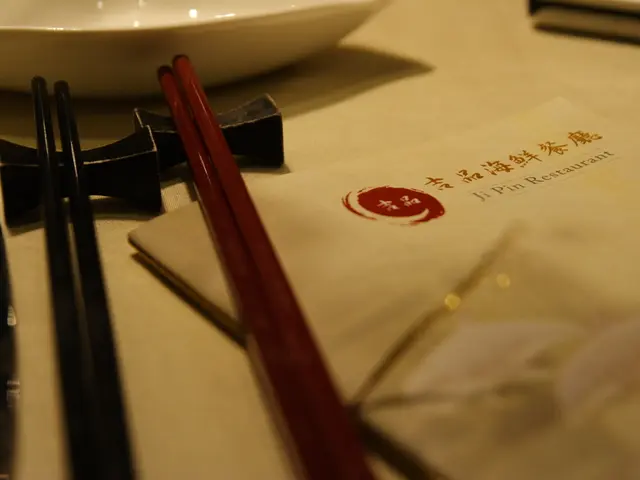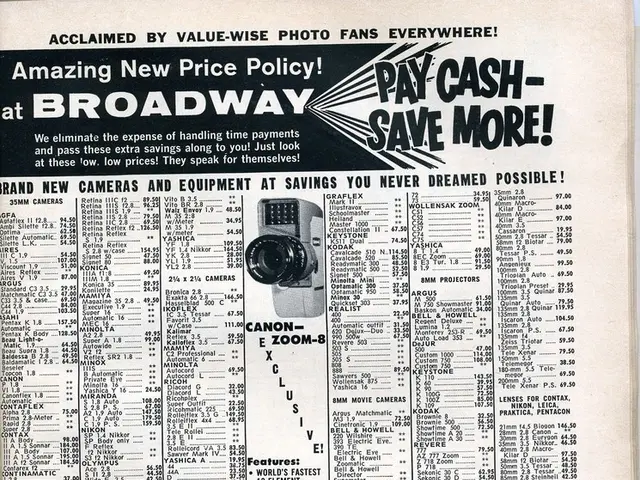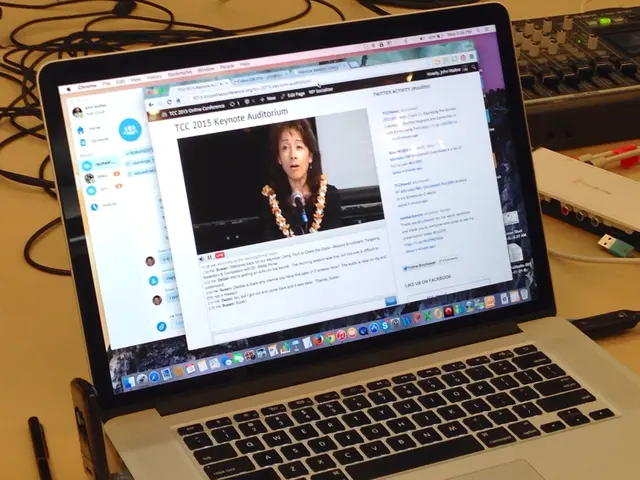Strategic Location at the Poker Table: How Your Seat Could Influence Your Poker Success!
================================================================
In the game of poker, the position of a player relative to the dealer button plays a pivotal role in determining their strategy and overall success. This position determines the order in which players act during a betting round, impacting the information available for decision-making.
Players in early position, such as those acting first or near first (referred to as 'Under the Gun'), find themselves at a disadvantage due to the lack of information about others' intentions. As a result, they should tighten their hand range, playing only strong starting hands like AA, KK, or QQ to reduce risk.
Middle position players have some information about early players’ actions but not all. They can moderately loosen their range compared to early position but still need some caution. If players in middle position observe that those behind them are playing tight, they can try to be more aggressive and steal pots. However, if early players are aggressive, middle position players should tighten up their hand range.
Late position players, particularly those in the cutoff and the button, gain the advantage of acting last. This provides them with more information about opponents' actions, allowing them to play a wider range of hands, use strategic aggression such as stealing blinds through raises, and execute bluffing effectively. Late position players control pot size by choosing when to build or keep it small, leveraging the ability to react to opponents’ moves.
The strategic implications of position significantly influence hand selection, bluffing frequency, pot control, and overall game aggression. Players who understand and optimize their play based on position tend to have a significant edge over opponents.
In late position, players can loosen up, raise more, and bluff smartly, but they should fold if aggressive players are ready to fight back. Bluffing is more confident in late position due to the knowledge of opponents' strengths and weaknesses. Stealing blinds from early position players becomes easier and more profitable in late position. However, playing weak hands in early position can leave a player vulnerable, while betting or raising can scare opponents away.
Mastering position is crucial in poker, as it can give players an advantage by providing information, controlling the pot, and outsmarting opponents. The dealer button moves clockwise after each hand, determining the betting order, and players must adapt their strategies accordingly. Acting late can be an advantage in poker due to having more information about opponents' actions. Late position is considered the most advantageous in poker, as players have access to a wealth of information before making a decision.
This framework is widely endorsed in poker strategy literature and instructional content, highlighting the fundamental importance of position in shaping profitable poker decisions.
[1] Harrington, D. (2004). Expert Heads-Up No-Limit Hold'em: Playing the Best Basic Strategy. Two Plus Two Publishing. [2] Sklansky, D. & Miller, M. (2005). No-Limit Hold'em: Theory and Practice. John Wiley & Sons. [3] Brunson, D. (2005). Super/System II: A Course in Power Poker. Aladdin Paperbacks. [4] Cada, J. (2010). Harrington on Hold'em: Expert Strategy for No-Limit Cash Games. Dell Publishing.
- Late position players, advantaged by acting last, can skillfully employ bluffing tactics, stealing blinds from early position players more effectively, and generally have a wider range of casino games at their disposal, such as poker, in which they can benefit from their privileged information.
- Conversely, players in early position, having less information about others' actions, should adopt a more conservative strategy, tightening their hand range to strong starting hands like poker's aces, kings, or queens, and be mindful of the risks associated with casino-and-gambling, especially in casino-games like poker.







